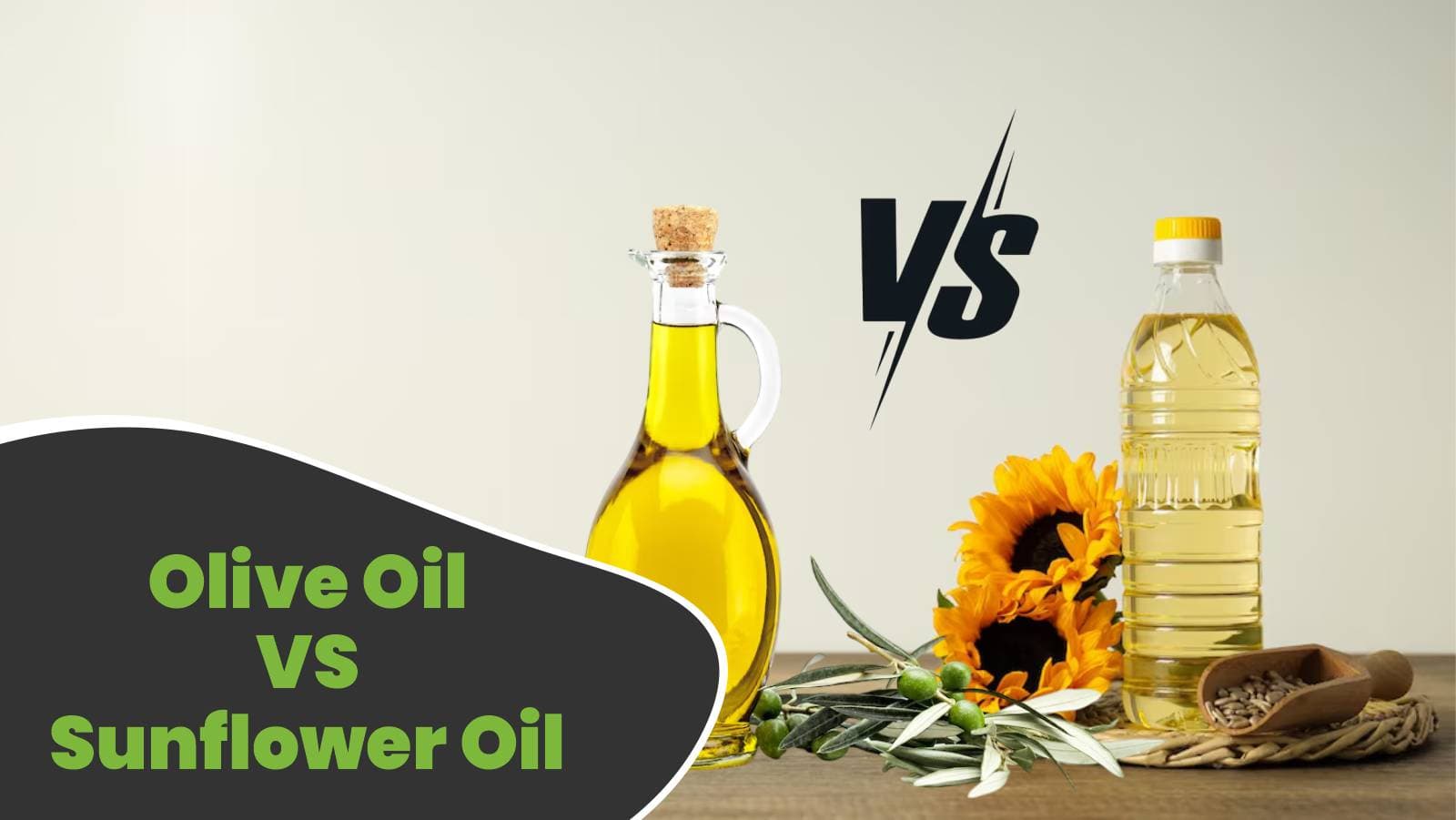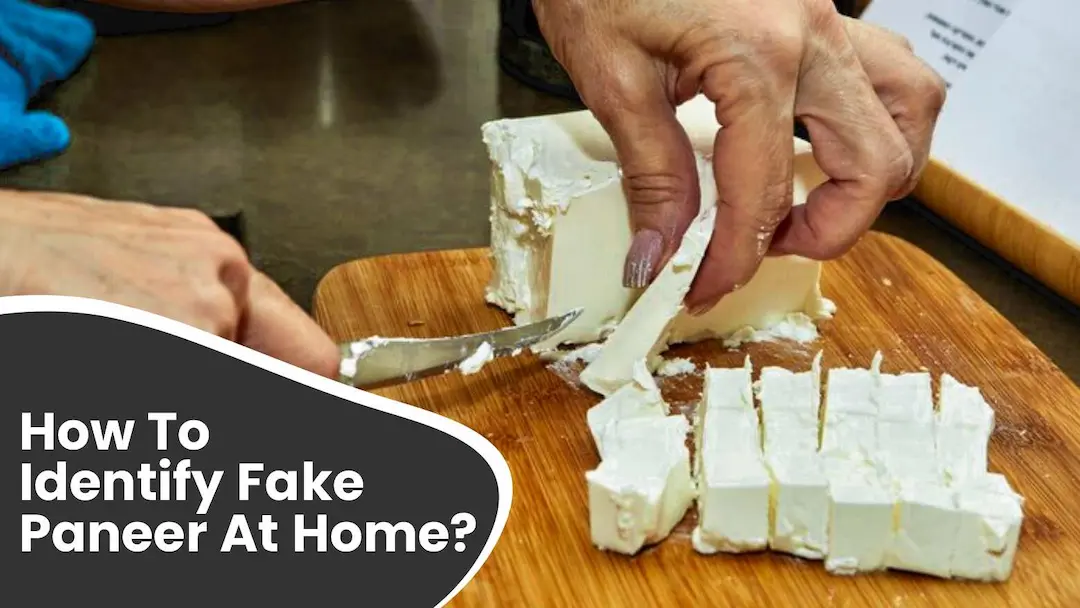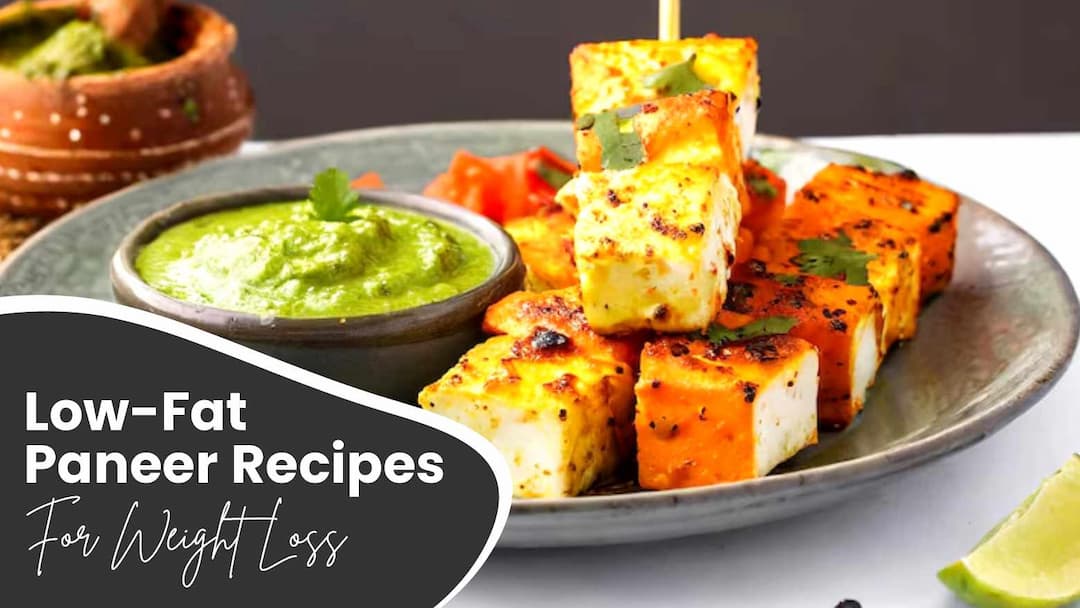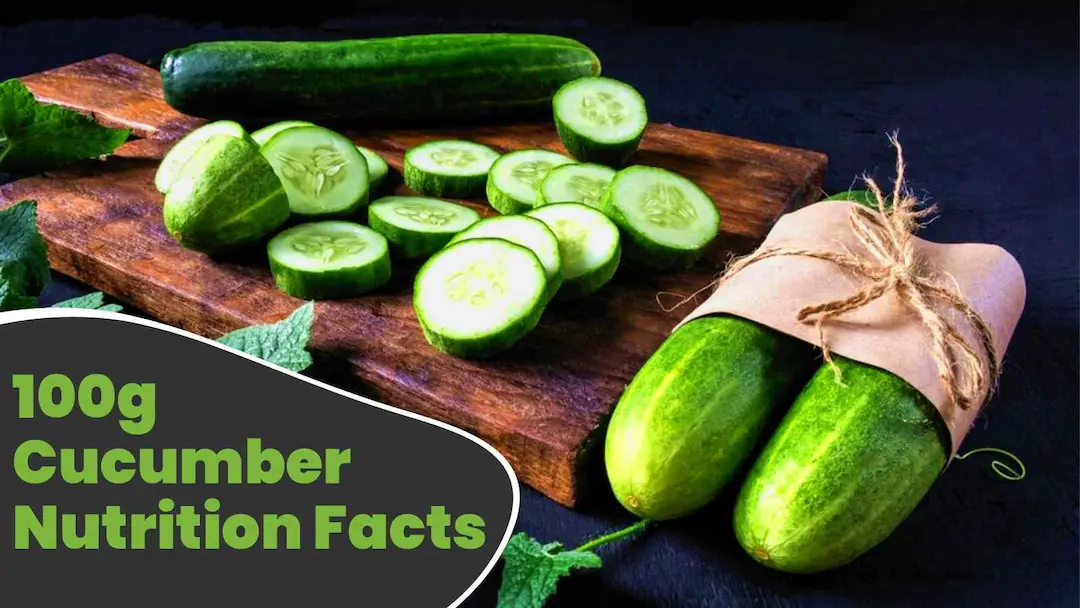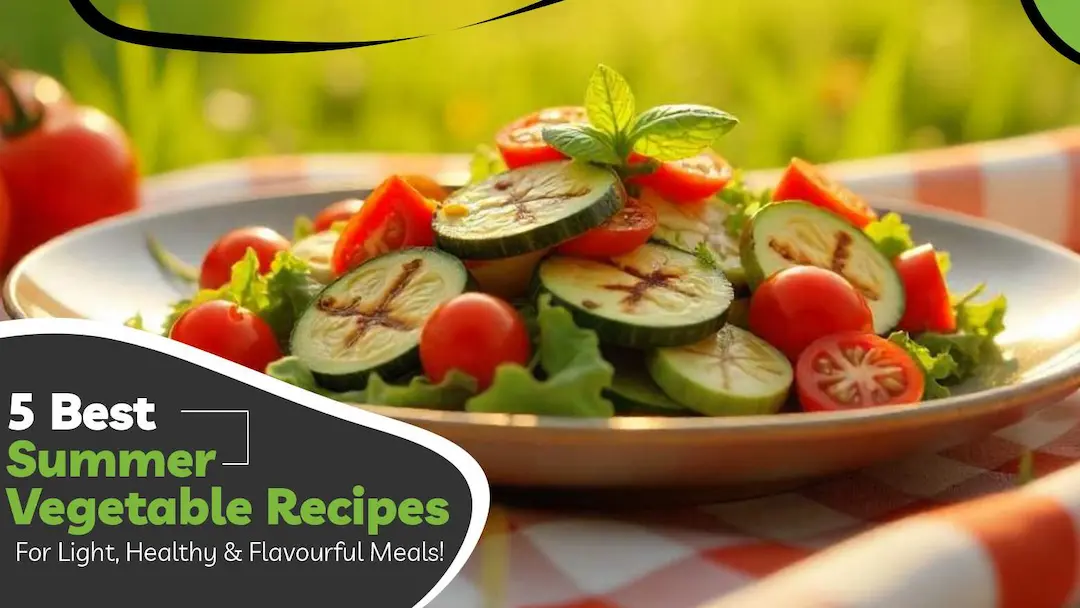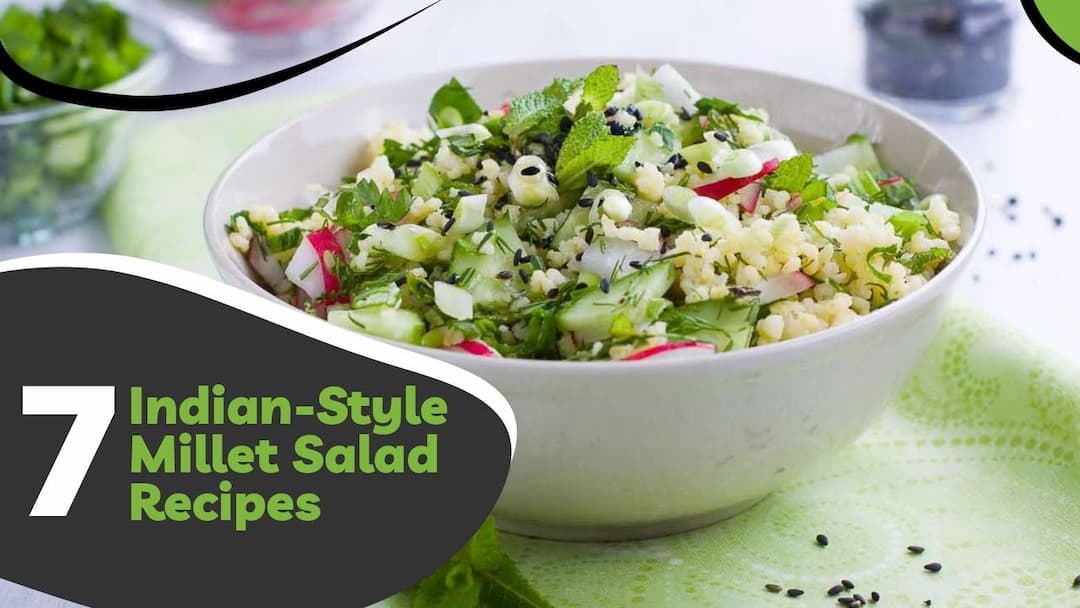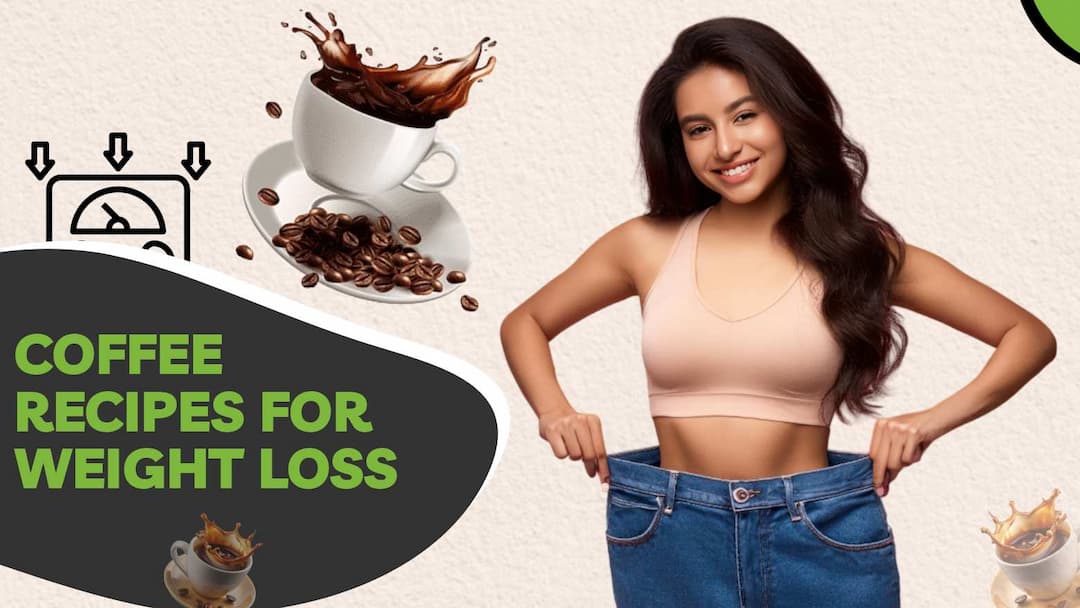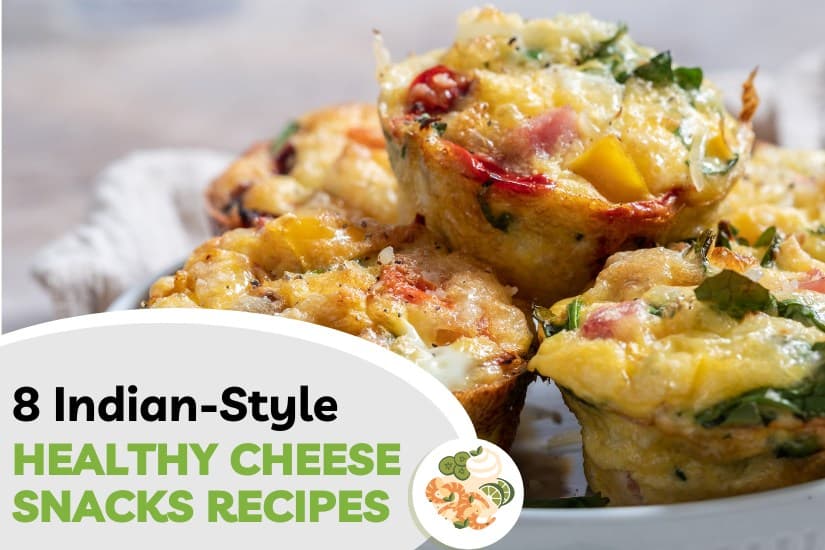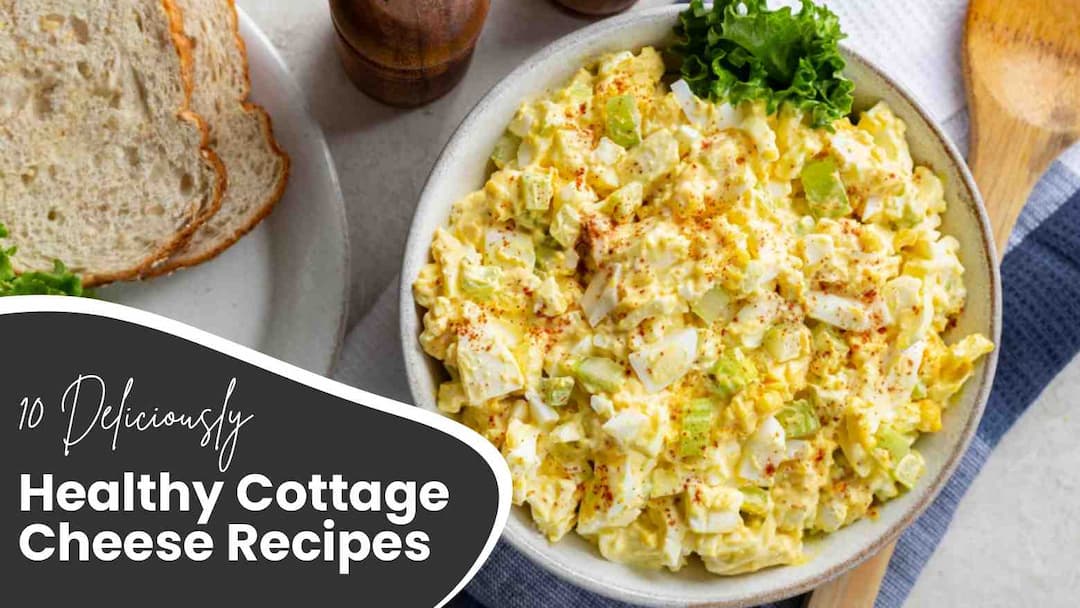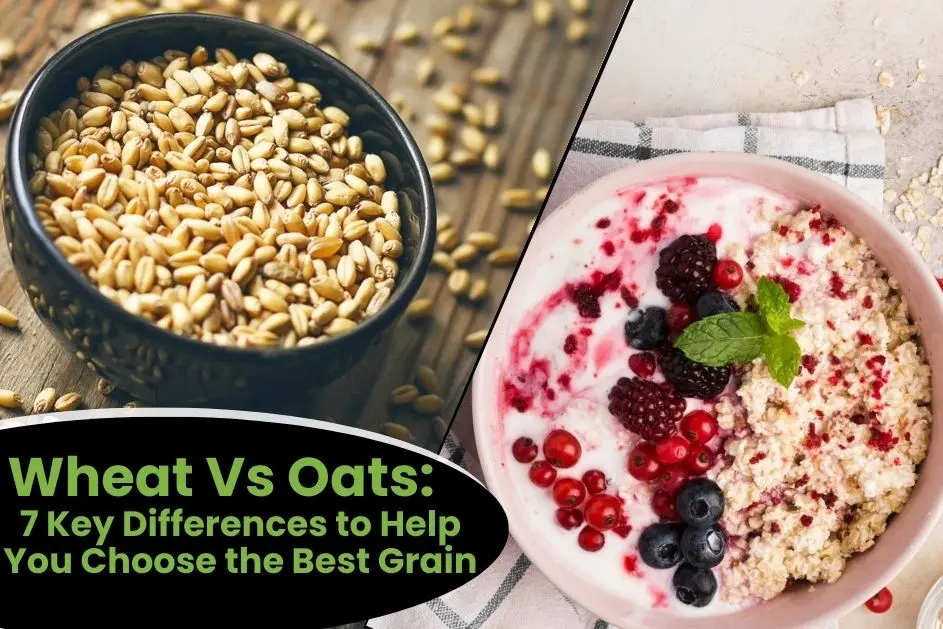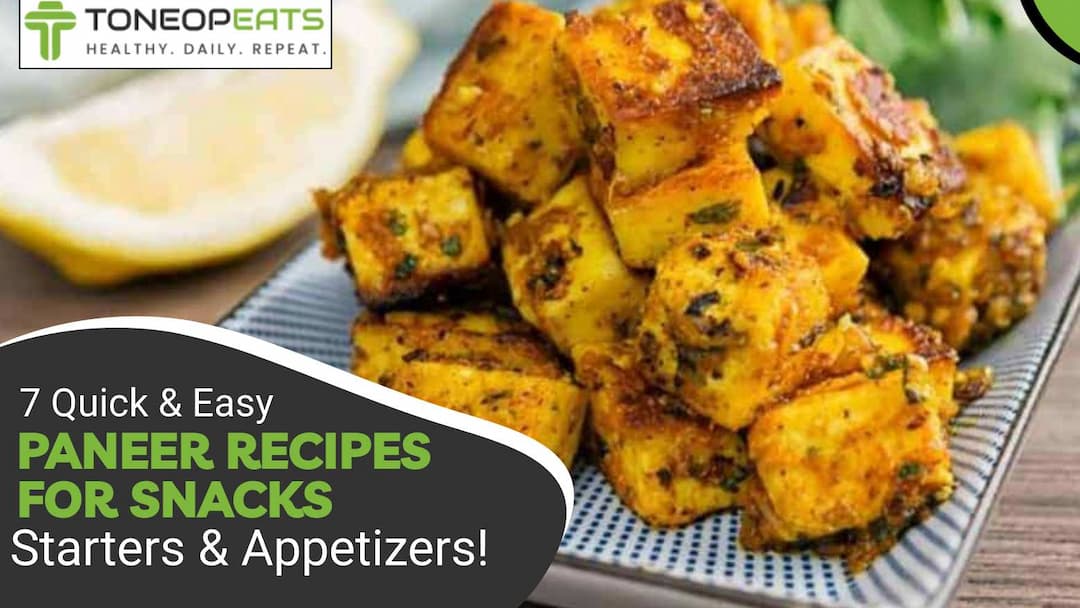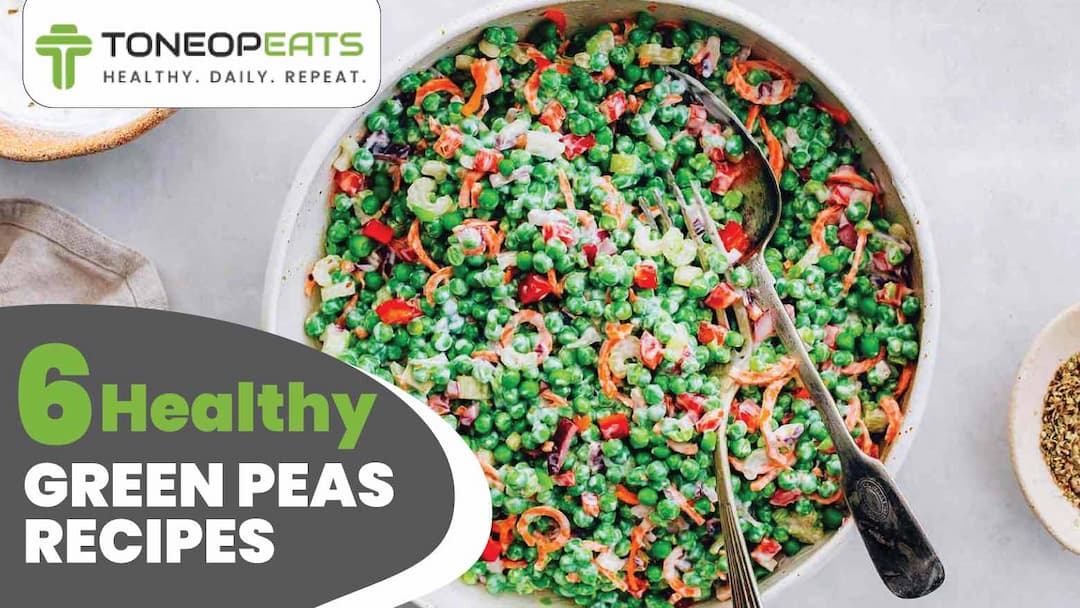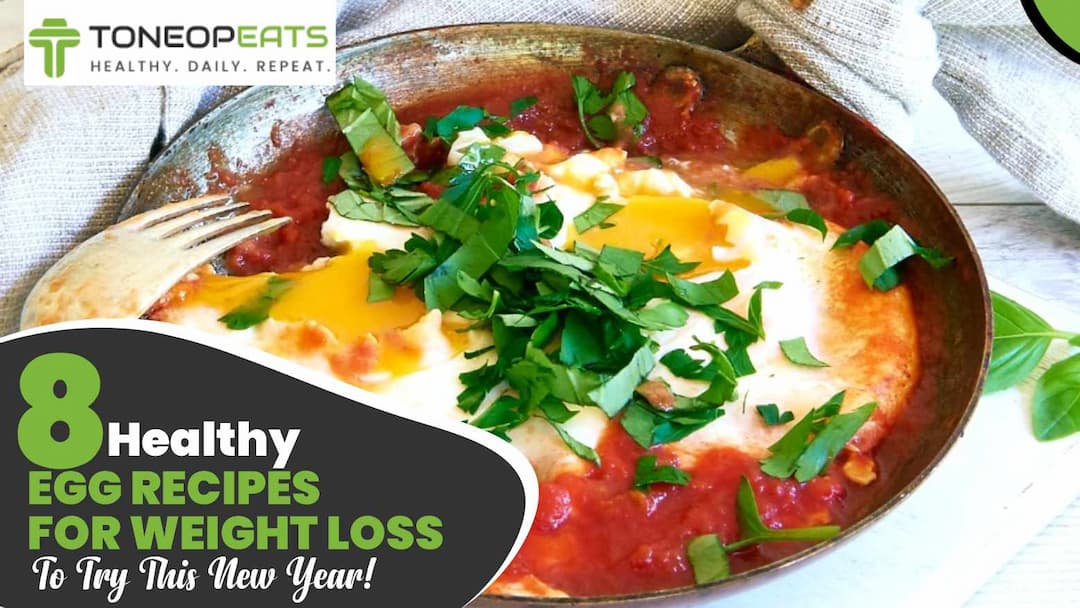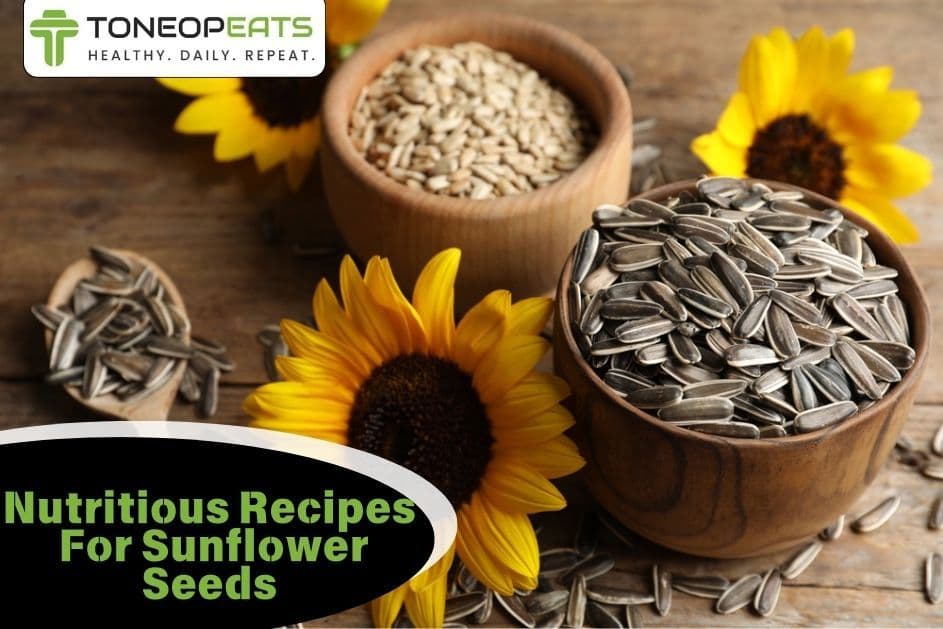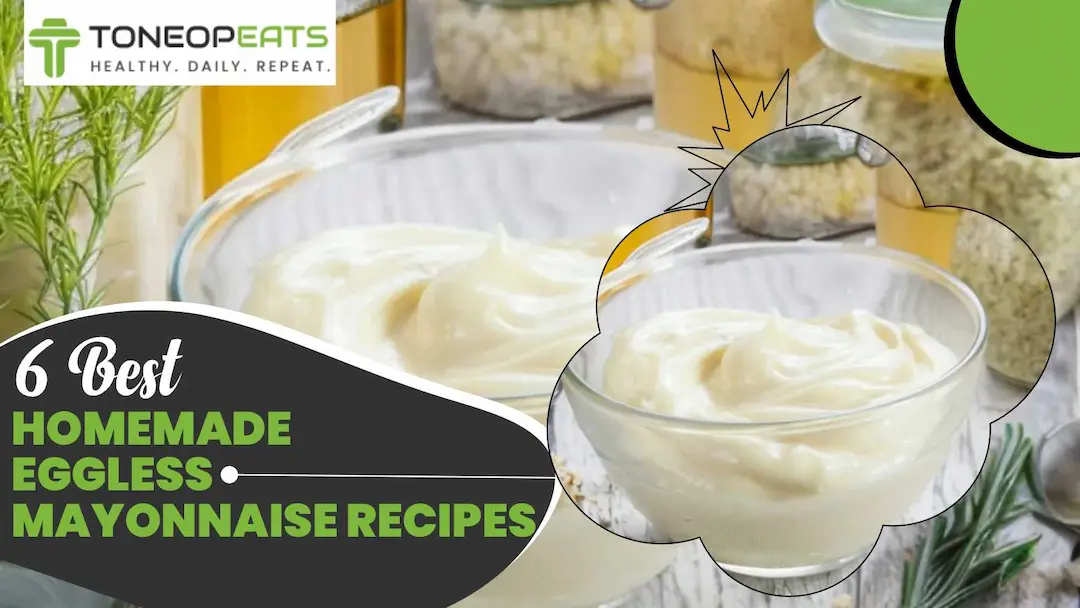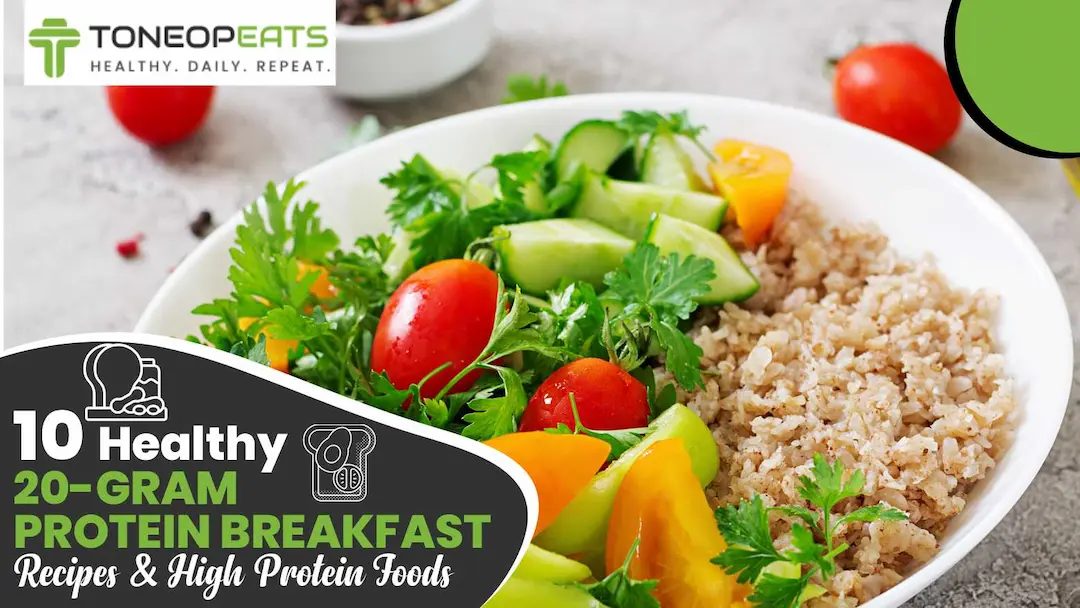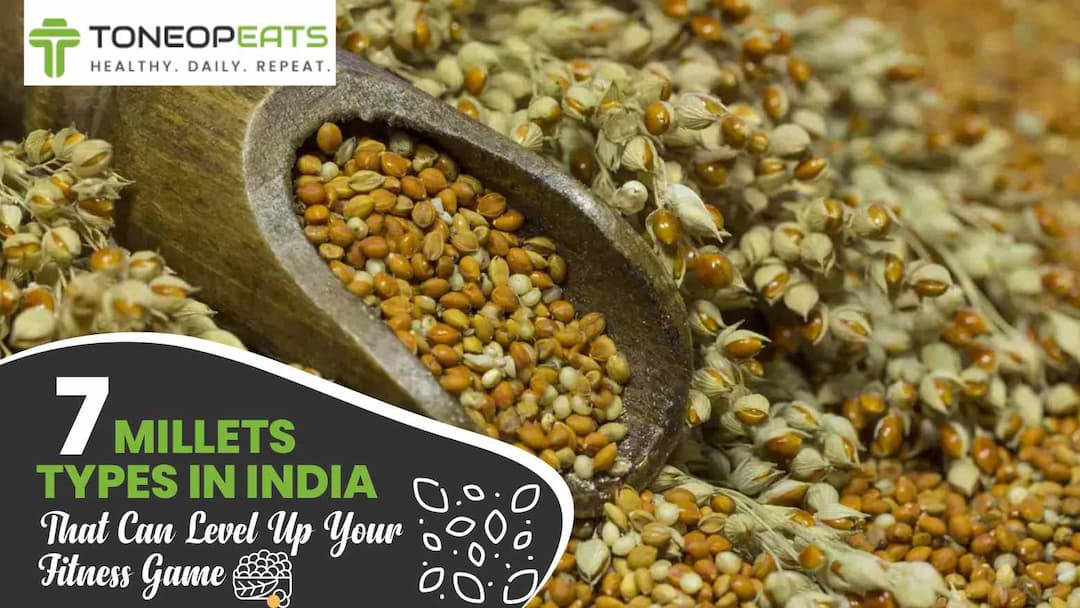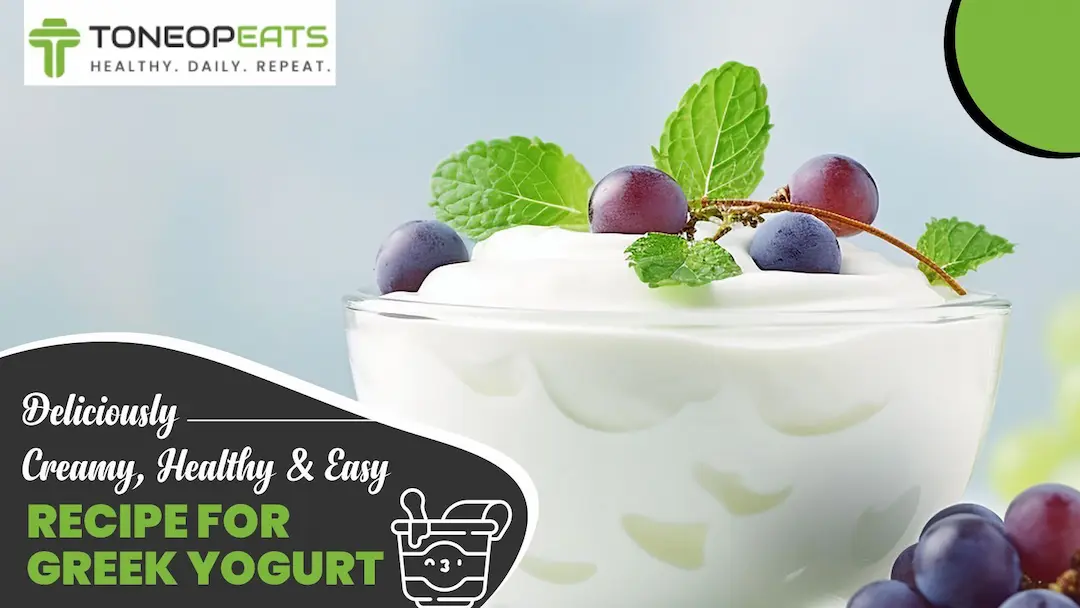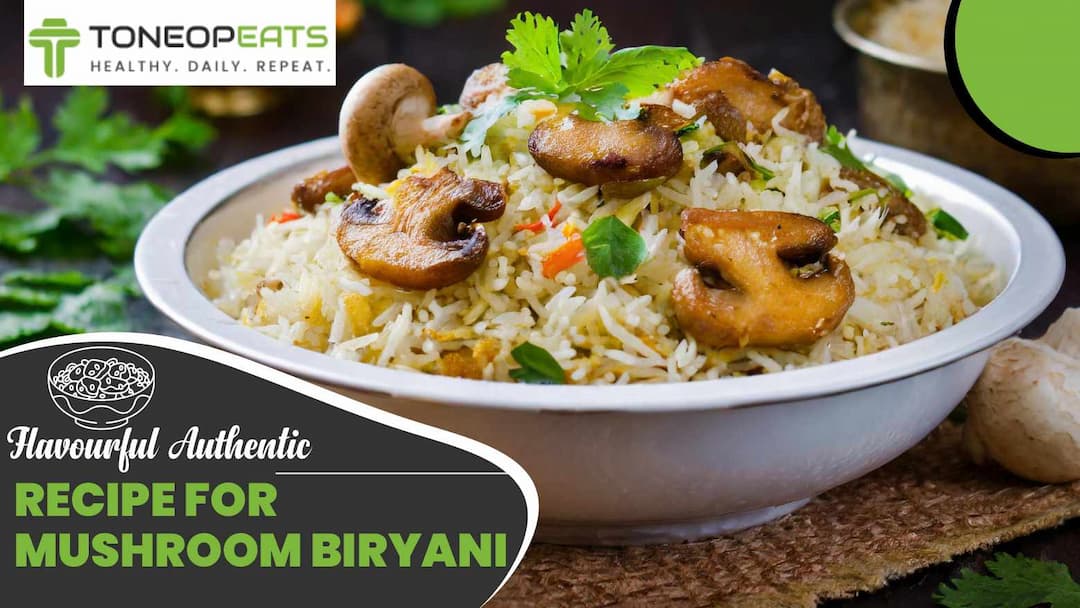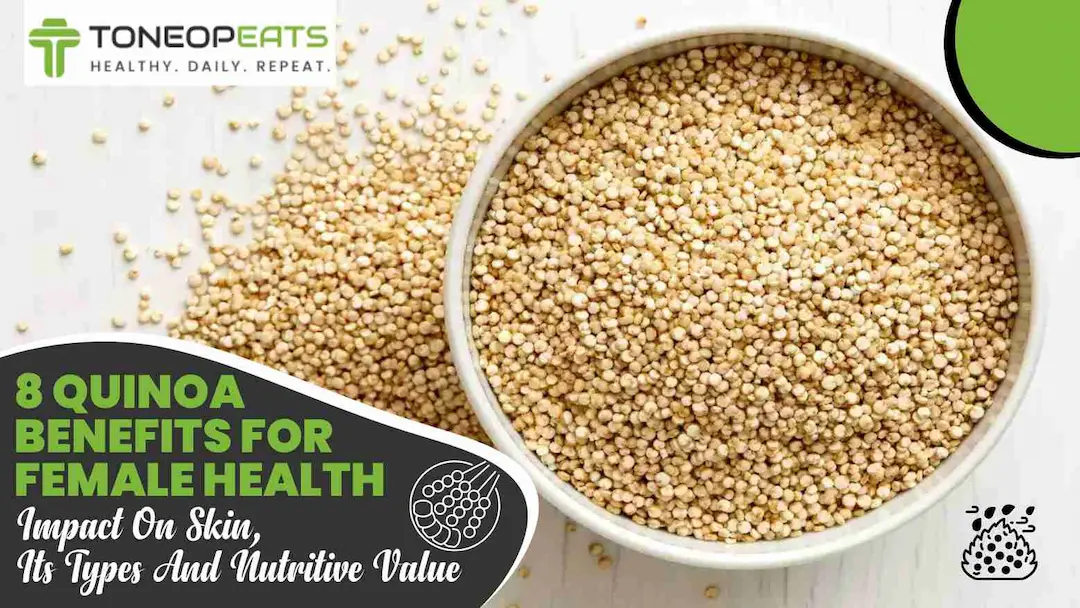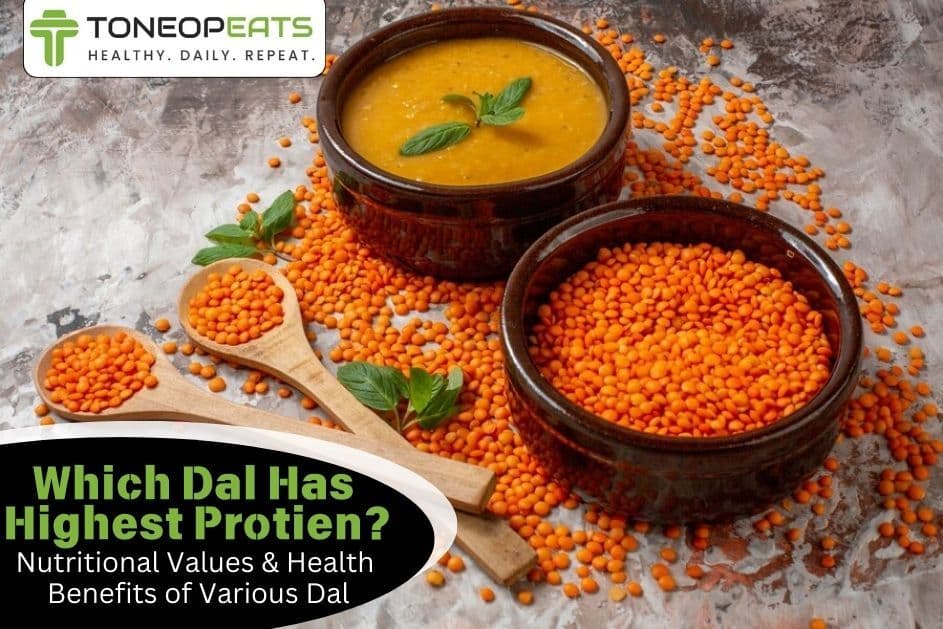In a supermarket, holding a bottle of olive oil in one hand and sunflower oil in the other, are you thinking which is healthier? Many people face the daily dilemma of choosing between olive oil and sunflower oil when cooking or selecting the right oil for a healthier lifestyle. With so many opinions on olive oil vs sunflower oil floating around—olive oil being praised in the Mediterranean diet and sunflower oil being a go-to in Indian kitchens—it’s easy to get confused. We all want something that supports our heart, helps with weight management, works well in cooking, and doesn’t break down at high heat.
But is it better to opt for the antioxidant-rich, slightly fruity olive oil, or stick to the neutral, high-smoke-point sunflower oil that blends seamlessly into most dishes? This blog takes you through seven important olive oil vs sunflower oil differences, so you can confidently pick what suits your cooking style and wellness goals best.
Table Of Contents
1. Olive Oil VS Sunflower Oil: Which Is Healthier?
2. Is Olive Oil Better Than Sunflower Oil? Specific Cases
3. The Final Say
4. FAQs
5. References
Olive Oil VS Sunflower Oil: Which Is Healthier?

It's not a simple "one is healthier than the other" situation when comparing olive oil and sunflower oil. Both have their own set of health benefits and nutritional profiles. Here's a breakdown to help you decide which might be better for your specific needs. Visit Toneop Eats for carefully curated, delicious and nutritious meals!
1. Olive Oil VS Sunflower Oil: Production Methods
Olive oil is made by pressing whole olives, often using cold-press techniques that keep the oil’s nutrients intact. Extra virgin olive oil is the least processed, offering the most health benefits. On the other hand, sunflower oil is usually extracted from sunflower seeds using high heat and chemical solvents, especially in refined forms.
This method can strip away some nutrients in sunflower oil during production. While olive oil retains its natural antioxidants and vitamins during cold pressing, sunflower oil undergoes more extensive refining. That’s why olive oil is often considered more natural and nutrient-rich from the beginning.
2. Fatty Acid Profile Of Olive Oil VS Sunflower Oil
Olive oil contains mainly monounsaturated fats, especially oleic acid, which is known for supporting heart health and lowering bad cholesterol. It also has some antioxidants and vitamin E, like the best foods for high blood pressure. In contrast, sunflower oil is rich in polyunsaturated fats like linoleic acid, and some versions are also high in omega-6 fatty acids.
While both oils are cholesterol-free, too much omega-6 can trigger inflammation if not balanced with omega-3. Olive oil offers a more balanced and heart-healthy fatty acid profile, whereas sunflower oil can be fine in moderation with omega-3-rich foods.
3. Olive Oil VS Sunflower Oil: Stability At High Heat
Olive oil, especially extra virgin, is more stable than most people think, but it can lose its flavour and nutrients if overheated. Refined olive oil, however, handles high heat better and is good for cooking. Sunflower oil, particularly refined types, is more heat-stable due to its high smoke point and neutral flavour, which makes it popular for deep frying and sautéing.
However, heating polyunsaturated fats in sunflower oil can release harmful compounds if the process is repeated for frying. In terms of overall heat stability, refined olive oil and sunflower oil perform similarly, but olive oil has an edge in antioxidant protection.
Try ToneOp Care's raw, unroasted Sunflower Seeds and Pumpkin Seeds products as a nutritious snack with balanced nutrients that give enough protein to support your body and keep you energised without the excess calories.
4. Flavour Profile Of Olive Oil VS Sunflower Oil
Olive oil has a rich, fruity, and slightly peppery taste that adds depth to dishes such as salads, pasta, or Mediterranean meals. The flavour varies depending on the type—extra virgin has a bold flavour, while refined olive oil is lighter.
Meanwhile, sunflower oil is very neutral in flavour, making it ideal for cooking where you don’t want the oil to overpower the dish. It works well in cooking or baking. So, if you want to enjoy the subtle taste of the oil, go for olive oil. But for a clean, unnoticeable flavour, sunflower oil is your pick.
5. Olive Oil VS Sunflower Oil: Nutritional Benefits
Olive oil is loaded with antioxidants, vitamin E, and anti-inflammatory compounds that help protect the heart and support overall health. It is especially well-known in Mediterranean diet and anti-inflammatory diet recipes for lowering cholesterol and improving brain function. Sunflower oil also contains vitamin E, but it lacks the antioxidants found in olive oil.
While sunflower oil is low in saturated fat and supports skin health, it doesn't offer the same anti-inflammatory protection. Overall, olive oil provides more diverse nutritional benefits, especially when consumed raw or in lightly cooked dishes. It's a better all-rounder for daily health support.
6. Culinary Uses Of Olive Oil VS Sunflower Oil
Olive oil is best suited for drizzling on salads, sautéing, roasting vegetables, and making dressings, especially extra-virgin types. It adds flavour and nutrition without the need for heavy cooking. Refined olive oil can also be used for light frying.
Sunflower oil shines in high-heat cooking, such as deep-frying, stir-frying, or making Indian tadkas, where a neutral oil is required. It's widely used for cooking parathas, puris, and gravies. So, olive oil is ideal for low to medium-heat and flavour-rich dishes, while sunflower oil is the go-to for high-heat and neutral cooking needs.
7. Olive Oil VS Sunflower Oil: Smoke Point
The smoke point of olive oil depends on its type; extra—virgin olive oil has a smoke point of around 375°f (190°c), which is suitable for most home cooking but not deep-frying. Refined olive oil has a higher smoke point of up to 465°F (240°C), making it more heat-stable.
Sunflower oil, especially the refined kind, has a high smoke point of approximately 440–475°f (225–246°c), which is why it is commonly used for frying and grilling. So if you're cooking at very high temperatures, refined sunflower oil works well, but olive oil brings more health benefits when used right.
Which is Healthier?
1. For overall health, especially heart health and anti-inflammatory benefits, extra-virgin olive oil often has a slight edge as the healthiest oil for Indian cooking due to its rich antioxidant profile and high monounsaturated fat content. The Mediterranean diet, rich in olive oil, is consistently linked to positive health outcomes.
2. If you are specifically looking to increase your vitamin E intake, sunflower oil is a better source.
3. Consider the type of sunflower oil: High-oleic sunflower oil has a fatty acid profile more similar to olive oil, with a good amount of monounsaturated fats.
4. Cooking Methods Matter:
- Extra virgin olive oil has a moderate smoke point and is best for low to medium-heat cooking, salad dressings, and finishing dishes to preserve its antioxidants and flavour.
- Refined olive oil and high-oleic sunflower oil have higher smoke points and are more suitable for high-heat cooking like frying and sautéing. However, heating sunflower oil to high temperatures repeatedly might release potentially harmful compounds.
Also Read: 20 Cinnamon Oil Health Benefits With Its Usage
Is Olive Oil Better Than Sunflower Oil? Specific Cases
While the consensus often leans towards olive oil having a slight nutritional edge, the "better" choice between olive oil and sunflower oil depends heavily on the specific case and what you prioritise. Here's a breakdown of when one might be better than the other:
1. For flavour & Finishing: Extra virgin olive oil (EVOO) boasts a rich, complex flavour profile (grassy, fruity, peppery) that enhances salads, dressings, dips, and drizzles over finished dishes. Sunflower oil's neutral taste won't add this desirable flavour dimension.
2. For Heart-Healthy Monounsaturated Fats & Antioxidants: EVOO is rich in monounsaturated fats, primarily oleic acid, which supports better heart health. While sunflower oil contains healthy unsaturated fats and vitamin E, extra-virgin olive oil (EVOO) generally has a broader spectrum of beneficial compounds.
3. For Sautéing & Medium-Heat Cooking: While EVOO has a moderate smoke point (around 375-405°f), it is stable enough for sautéing and many medium-heat cooking methods. Refined olive oil has a higher smoke point, making it suitable for use at higher temperatures.
4. For Traditional Mediterranean & European Cuisine: Olive oil is a cornerstone of Mediterranean cooking for satisfying low-calorie recipes and is the preferred choice for dishes where its flavour complements the other ingredients.
5. For High-Heat Cooking Like Frying & Searing: Refined sunflower oil has a significantly higher smoke point (around 450°F) compared to EVOO, making it a better choice for deep-frying and searing without the oil smoking and breaking down.
Olive Oil VS Sunflower Oil: Highlights
- Best for Salad Dressings: Olive Oil. Its flavour is a key component.
- Best for Deep Frying: Sunflower Oil. A higher smoke point is crucial.
- Best for Everyday Sautéing at Medium Heat: Olive Oil. Good balance of stability and health benefits.
- Best for Baking a flavour-neutral Cake: Sunflower Oil. Neutral flavour won't interfere.
- Best for High-Heat Stir-Frying: Sunflower Oil. A higher smoke point is essential.
- Most Antioxidant-Rich for General Use: Extra Virgin Olive Oil. Minimal processing retains beneficial compounds.
Here's a direct comparison of key nutrients per tablespoon (approximately 14g):
Nutrient | Olive Oil (Extra Virgin) | Sunflower Oil (High Oleic) | Sunflower Oil (Linoleic) |
Calories | 126 | 120 | 120 |
Total Fat | 14g | 14g | 14g |
Saturated Fat | 1.9g | 1g | 1g |
Monounsaturated Fat | 9.8g | 11g | 3g |
Polyunsaturated Fat | 1.4g | 0.5g | 9g |
Vitamin E | 1.94mg | 5.6mg | 5.6mg |
Vitamin K | 8.13mcg | 0.76mcg | 2mcg |
Also Read: 5 Healthy Air Fryer Recipes For Weight Loss
The Final Say
Both olive oil and sunflower oil can be part of a healthy diet. Neither olive oil nor sunflower oil is definitively "better" in all situations. Extra virgin olive oil generally wins for flavour and antioxidant benefits, especially in raw or low-heat applications. Sunflower oil is often the better choice for high-heat cooking and when a neutral flavour is desired. Considering the specific cooking method, desired flavour profile, and nutritional priorities will help you determine which oil is best for use.
FAQs
1. Which oil is the healthiest?
It depends on what you need it for, but oils like extra-virgin olive oil and avocado oil are often considered very healthy because they contain good fats and antioxidants.
2. Is sunflower oil the healthiest oil?
Yes! Sunflower oil can be a healthy choice because it contains good fats and vitamin E. However, it may not be the healthiest option for everything, and some methods of using it (such as high heat) may not be the best.
3. What are the olive oil vs sunflower oil calories?
Olive oil and sunflower oil have about the same number of calories. Two spoonfuls of either have around 120 calories.
4. What is the olive oil vs sunflower oil nutrition?
Olive oil has good monounsaturated fats and some vitamins. Sunflower oil contains a high amount of vitamin E and polyunsaturated fats. Olive oil contains a variety of healthy compounds in small amounts.
5. How to use olive oil vs sunflower oil for cooking?
Use olive oil for lower-heat cooking, such as salads or light frying, to preserve its flavour and beneficial properties. Sunflower oil is better suited for higher heat, such as frying, because it can withstand the heat better without breaking down as quickly.
References
- https://seloolive.com/blogs/olive-oil/olive-oil-vs-sunflower-oil-which-one-should-you-choose?srsltid=AfmBOoqxUUP4R6rW0BDuyAWhjeMku9W2vwl81Xdm5k5x2eHuJSBXYgHC
- https://olivewellnessinstitute.org/article/extra-virgin-olive-oil-vs-sunflower-oil-which-is-healthier/
- https://brightland.co/blogs/field-notes/olive-oil-vs-sunflower-oil?srsltid=AfmBOopTlUOLXsjt5HUELv56lI2Ws7iNdRx-Dt-LcfSVpbpfgdrISB4D
- https://www.medicinenet.com/is_sunflower_oil_good_for_you_is_it_healthier/article.htm
- https://www.nutritionix.com/food/olive-oil
- https://www.nutritionix.com/food/sunflower-oil
- https://www.webmd.com/diet/sunflower-oil-good-for-you
About ToneOp Eats
ToneOp Eats is your go-to health kitchen, delivering nourishing meals in Bhopal, Indore & Bangalore. The meals are prepared with strategically planned nutrition and portions for your health goal. With just three simple steps, you can subscribe to a meal plan for weight loss, muscle gain, or balanced diet goals. Experience the perfect taste and wellness in our nutrient-dense and calorie-counted range of meals, including protein-rich grills and meal bowls, full of fibre salads & smoothies, workout-friendly protein 30,40,50 meals and refreshing juices.







